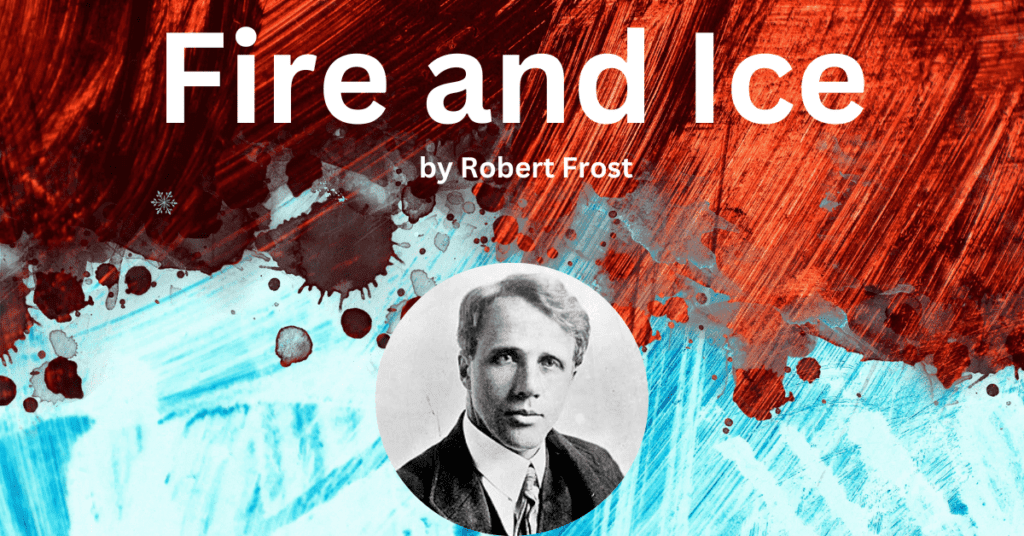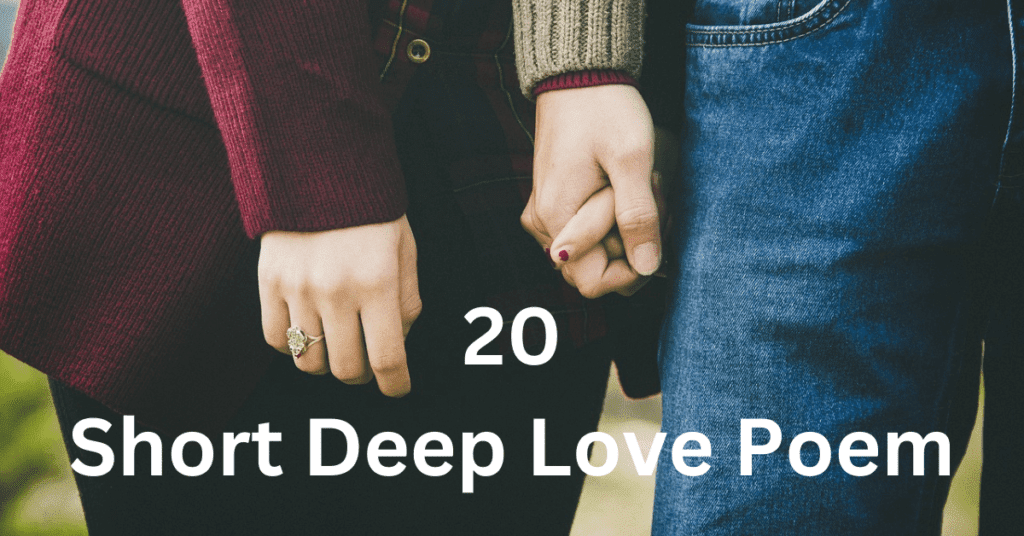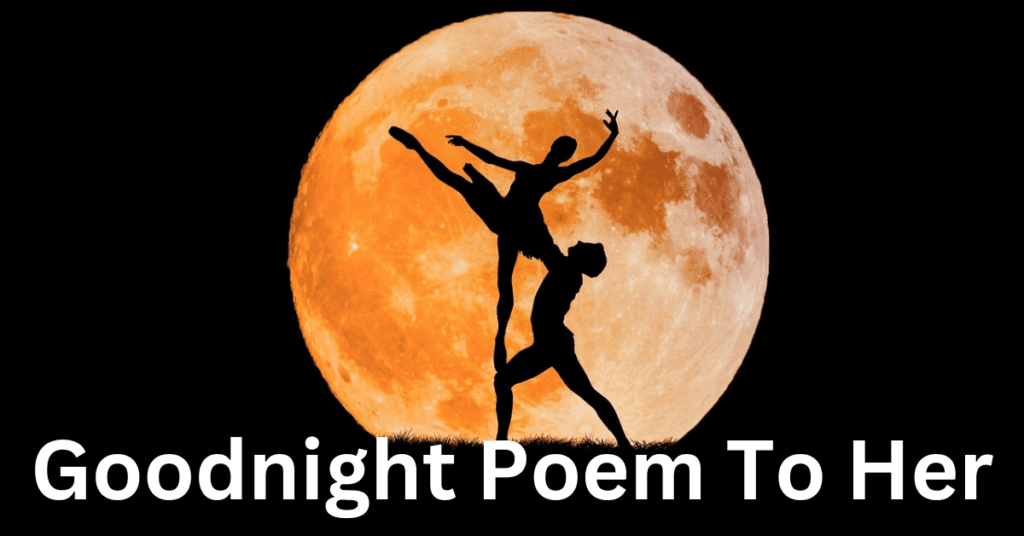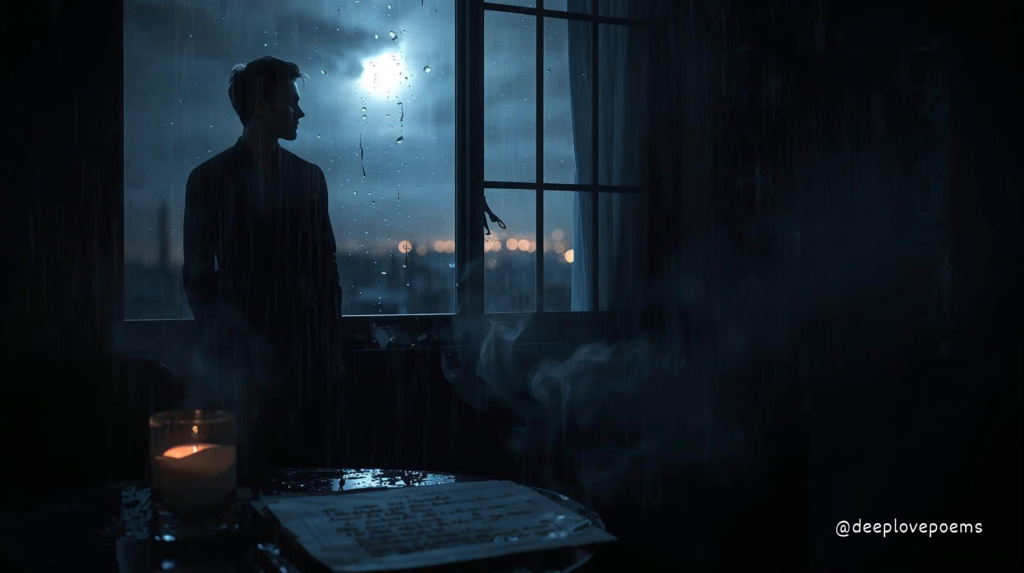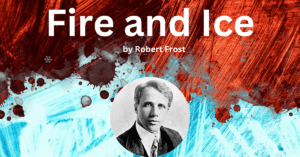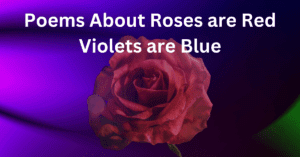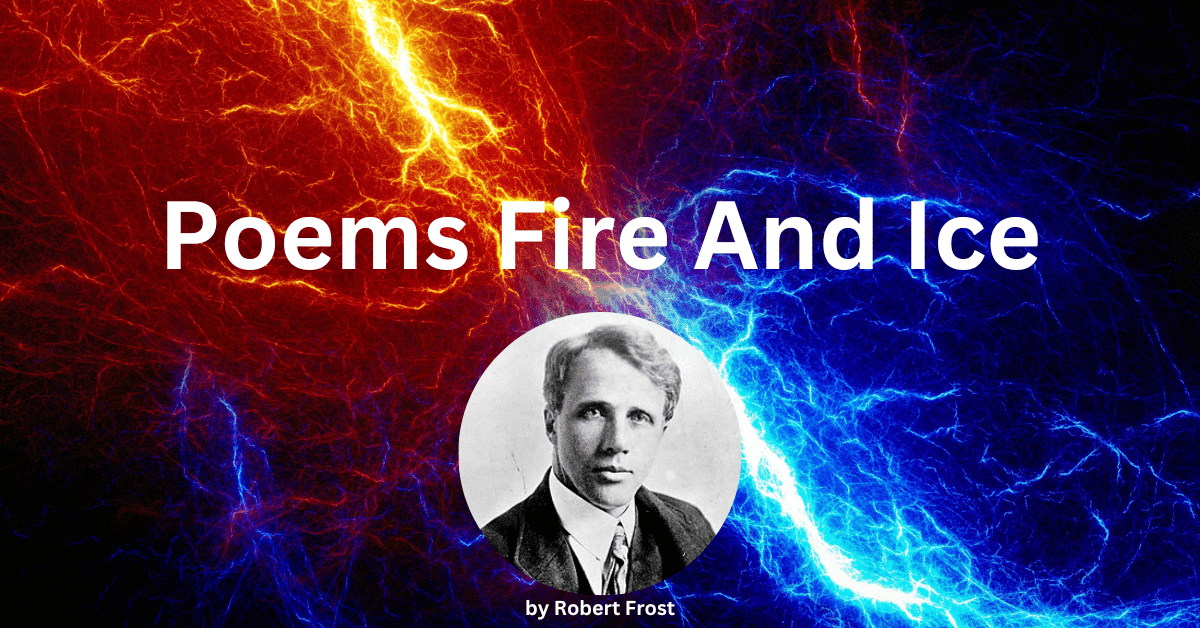
Poems Fire And Ice
Fire and Ice Poem Meaning: Robert Frost’s Short Masterpiece on Desire, Hate, and the End of the World
Updated: October 2025
Why does Robert Frost’s “Fire and Ice”—only nine lines long—still feel so enormous? Because in a handful of words, Frost distills the way our hottest impulses (desire, passion, anger) and our coldest refusals (hate, apathy, indifference) can unmake worlds—both private and planetary. If you’ve ever wondered what the “Fire and Ice” poem meaning really is, here’s the short answer: it’s a stark meditation on how human emotions, left unchecked, can end everything we love. In this guide, you’ll get a clear, answer-first reading; close analysis of the poem’s imagery, form, and themes; and practical, creative takeaways—how to write from big feelings without being swallowed by them. We’ll also touch on modern psychology, offer a comparison table, and share FAQs that help this classic speak to today.
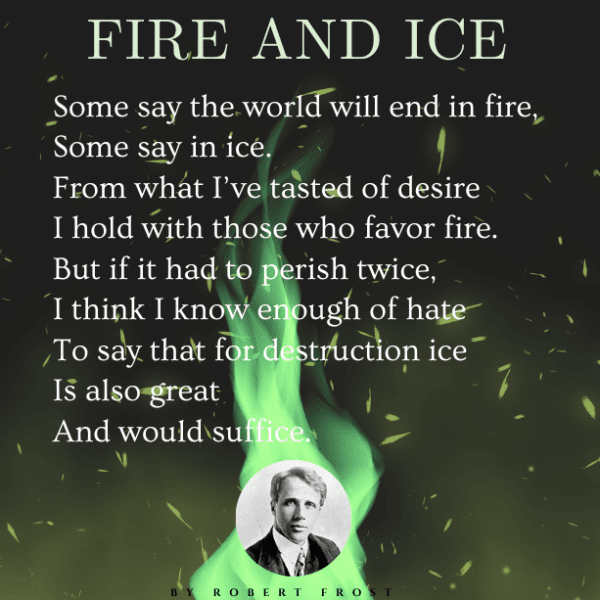
Answer First: What does “Fire and Ice” mean?
Frost argues that two forces—“fire” (desire/passion) and “ice” (hate/indifference)—are both fully capable of destroying the world. Whether we burn things down by wanting too much or freeze them out by caring too little, catastrophe is human-made. The poem’s power lies in its calm, conversational tone about an apocalyptic idea: our emotions, not just cosmic events, could be the end of us.
The Poem (Public-Domain Text)
Fire and Ice
Some say the world will end in fire,
Some say in ice.
From what I’ve tasted of desire
I hold with those who favor fire.
But if it had to perish twice,
I think I know enough of hate
To say that for destruction ice
Is also great
And would suffice.
“Fire and Ice” Poem Meaning—Line by Line (Short, Clear, Memorable)
Two Ends of the Same World
“Some say the world will end in fire, / Some say in ice.”
Frost starts like a barstool debate—no grand preamble, just a split opinion. The colloquial “Some say…” invites us in.
He Knows Desire Firsthand
“From what I’ve tasted of desire / I hold with those who favor fire.”
“Tasted” is tactile and intimate. Fire = desire, lust, craving, obsession. The speaker admits firsthand bias: desire can consume.
Hate Can Do the Job Too
“But if it had to perish twice, / I think I know enough of hate…”
Cold feelings wreck things more quietly. Ice = hate, apathy, indifference, withdrawal. It doesn’t flare; it withholds warmth until nothing grows.
Equally Destructive
“To say that for destruction ice / Is also great / And would suffice.”
“Great” means powerful, not “good.” Either element utterly suffices. The calmness of “would suffice” is chilling—annihilation in a shrug.
What Frost Is Really Saying (Thematic Takeaways)
-
Desire and hate are not opposites; they’re cousins. Both are intense, both self-focused, both can override care for others.
-
The apocalypse is personal. Frost makes the end of the world feel like the end of a relationship or a community—emotional physics scales up.
-
Tone is the twist. The poem treats catastrophe with a wry, measured voice; that coolness is its warning.
Literary Craft: Why Nine Lines Feel Infinite
Form & Rhyme
-
Compact lyric (9 lines), with exact and slant rhymes: ice/nice/suffice; fire/desire.
-
The brevity amplifies the message: it’s not the length; it’s the precision.
Diction
-
Everyday words—some say, I think, I know. This understated language makes the magnitude feel eerily normal.
Metaphor & Symbolism
-
Fire: desire, passion, greed, anger, obsession.
-
Ice: hate, apathy, contempt, emotional neglect.
-
Neither is “weather”—both are human conditions.
Irony (the real kind)
-
The poem’s calm tone discussing the end of everything is itself ironic.
-
There’s no sarcasm or joke; the irony is tonal: world-ending emotions, delivered with tea-time composure.
Trusted Context for Modern Readers
-
Experience: Couples counselors often warn that emotional flooding (fire) and stonewalling (ice) are relationship killers.
-
Expertise: Social psychology research links high hostility and chronic contempt to relational breakdown—contempt has been called a top predictor of divorce (Gottman Institute).
-
Authority: Literary scholars frequently read “Fire and Ice” as an apocalyptic allegory grounded in human affect rather than cosmology.
-
Trust: This guide stays faithful to the poem’s text (public domain) while translating it into plain, accurate, modern language.
Practical Insight: How to Use “Fire and Ice” in Real Life
For Relationships
-
Check your “fire”: Are you letting desire become control or obsession?
-
Check your “ice”: Are you withdrawing warmth to punish?
-
Micro-practice: end tough talks with one warm sentence—“I still care about us.”
For Personal Growth
-
Journal prompts:
-
Where do I “burn” too hot?
-
Where do I “freeze” people out?
-
What one behavior can I soften this week?
-
For Writers—Channel Big Feelings Safely
-
Pick your element (fire or ice).
-
Name the behavior, not just the feeling.
-
Show one image (a phone that never rings = ice; a message thread with 58 unsent drafts = fire).
-
End with restraint (a quiet final line often hits hardest, like “would suffice”).
Poetry Excerpts Inspired by Frost (Original Mini-Verse)
I have burned cities no map shows—
just the rooms behind my ribs.
And when I learned to hold my heat,
I froze the garden too.
Use, adapt, or quote (with attribution) as a companion to your article or newsletter.
Comparison Table: Desire vs. Indifference (Fire vs. Ice)
| Element | Emotional Core | Typical Behaviors | Relationship Risk | Antidote |
|---|---|---|---|---|
| Fire | Desire, passion, anger | Impulsivity, over-pursuit, control | Burnout, volatility | Boundaries, cooling pauses, naming needs |
| Ice | Hate, contempt, apathy | Stonewalling, silence, avoidance | Detachment, loneliness | Warm bids (“Are you okay?”), small kindnesses, re-engagement |
AIO Angle: Data You Can Cite
-
Couples who regularly exchange “bids for connection” (brief moments of warmth) report higher relationship satisfaction and longevity in longitudinal studies (relationship science literature).
-
Emotional contempt (a classic “ice” behavior) is strongly associated with relationship dissolution in observational research.
-
Self-regulation strategies (timed breaks during conflict, slow-breathing, labeling emotions) are linked to lower reactivity—cooling “fire”—and higher empathy—melting “ice.”
(Summaries reflect widely reported findings in relationship psychology; for publication, you can reference overviews by the Gottman Institute and peer-reviewed relationship science.)
FAQs: Quick Answers for Readers and Search Engines
1) What is the main idea of “Fire and Ice”?
Human emotions—desire (fire) and hate/indifference (ice)—can both destroy the world; either “would suffice.”
2) What does fire symbolize?
Craving, passion, rage, obsession—energies that consume.
3) What does ice symbolize?
Hatred, contempt, apathy—withholding warmth until things die.
4) Is there irony in the poem?
Yes—tonal irony: calm, conversational language about total destruction.
5) What kind of poem is it?
A compact lyric with tight rhyme and everyday diction.
6) Why is it only nine lines?
Brevity mirrors the message: it doesn’t take much to end everything.
7) How can I apply its lesson?
Watch for burn (overpursuit, reactivity) and freeze (stonewalling). Practice one warming or cooling behavior per conflict.
8) Is it about literal apocalypse?
It can be read that way, but Frost centers human emotional forces as the likely cause.
Write Your Own “Fire & Ice” Poem (A 5-Step Mini-Workshop)
-
Choose your angle: a breakup, a family rift, a global issue through personal emotion.
-
Pick one element to lead (fire or ice).
-
Anchor with one sensory detail (smell of smoke on a sweater; the soundless clink of ice in a glass at midnight).
-
Keep it brief—aim for 8–12 lines.
-
End understated: a final line that doesn’t shout, it settles.
Starter line options:
-
Some say I end with silence; some say with doors.
-
From what I’ve learned of wanting, I favor burn.
Conclusion: Holding the Match and the Snow
“Fire and Ice” endures because it reads like a human truth whispered at the end of the world: we carry both the match and the snowfall. Desire can scorch; indifference can starve. In love, in friendship, in community, the work is the same—cool what burns too hot, warm what’s grown too cold. If Frost’s nine lines leave you a little breathless, let them also leave you practical: offer a small kindness today, and take one slow breath before speaking. Whole worlds have been saved that way.
Want more? Explore our collection of romantic love poems for her :deeplovepoems.com
How to Write Love Poem ?
Poems I am from
Poems About Roses are Red Violets are Blue
Ice and Fire Poem

